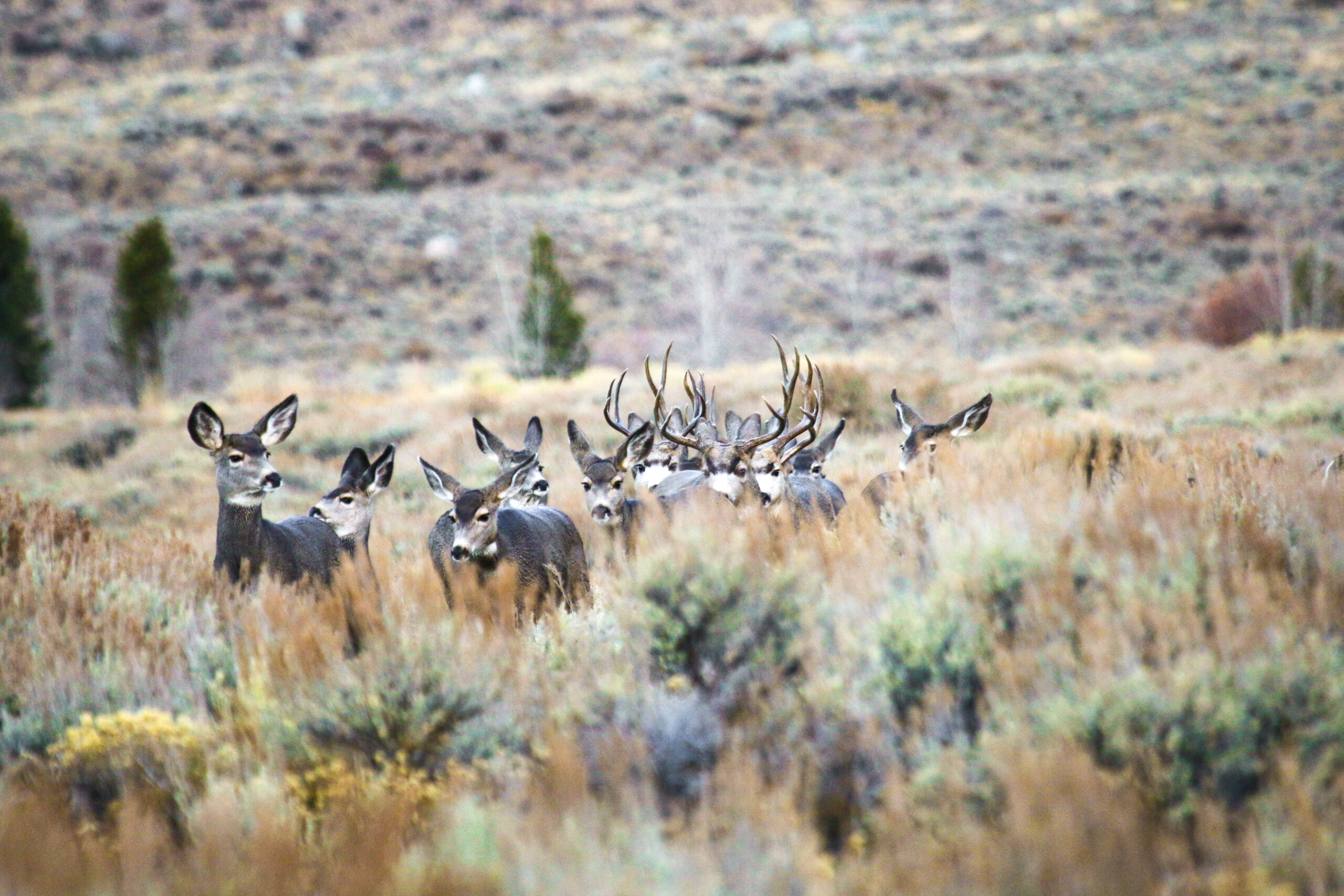Weekly News Roundup – October 12, 2012
Want to know what National Wildlife Federation was up to this week? Here is a recap of the week’s NWF news:
Letter to Attorney General: Hold BP Accountable
October 10 – Today the National Wildlife Federation called on Attorney General Eric Holder to ensure BP is held fully responsible for its involvement in the 2010 Gulf oil disaster. The letter comes amid recent media reports suggesting BP has proposed a settlement offer that is significantly less than half of what it would face at trial.
Alarmingly, BP is attempting to once again shirk responsibility for causing the largest environmental disaster in U.S. history, purportedly offering a sum less than $20 billion. Such amounts would prove inadequate to repair the Gulf and would allow the oil giant – it netted $25.7 billion in 2011– to escape paying what is required by law, what it can afford, and what is fair in a case with environmental damage of this magnitude.
NWF Asks Ryan to Pledge to Protect America’s Public Lands

As an organization deeply committed to the conservation interests of America’s hunters, anglers and outdoor enthusiasts we appreciated your statement in an October 1 interview with Outdoor Life magazine that “we need to open up public lands for access for hunting.” Public lands are critical part of America’s national heritage, and access for all Americans is a conservation legacy that provides everyone the opportunity to hunt and fish. Public lands also play a critical role supporting local economies: in 2011, 13.7 million hunters spent $33.9 billion and 33.1 million anglers spent $22 billion.
ExxonMobil is Majority Owner of Vermont Pipeline and Behind a Likely Plan to Transport Tar Sands
October 10 – A new analysis released today by environmental groups finds that ExxonMobil is the majority owner of the pipeline that cuts across Vermont and New England—which is the subject of an emerging proposal to transport tar sands. ExxonMobil’s Canadian subsidiary Imperial Oil Limited owns 76 percent of the pipeline, while Canadian oil giant Suncor Energy owns the remaining 24 percent. These companies are among the biggest developers of Canadian tar sands. The report is being released in connection with an event in Portland, Maine, highlighting safety concerns that tar sands bring to New England. Tar sands is a carbon intensive, especially dirty source of oil that is mined in the sensitive and ecologically important boreal forest of Alberta. Its development has resulted in serious pollution in Alberta and threatens to sully an area the size of Florida.
Wildlife Groups Join Forces to Protect Delaware Bayshore Habitat

That’s the focus of a grant to the National Wildlife Federation from the Wildlife Conservation Society through its Climate Adaptation Fund, established with support from the Doris Duke Charitable Foundation. A $250,000 investment is being made to work in partnership with the Delaware Department of Natural Resources and Environmental Control Division of Fish and Wildlife (DFW) for the project Climate-Smart Coastal Impoundments – Replacing Lost Functions and Values, an innovative effort to shift key coastal habitats inland in the face of rapid sea-level rise.
National Wildlife Federation Announces Three Year Goal To Get 10 Million Kids Outdoors
October 9 – To combat today’s “indoor childhood” trend, National Wildlife Federation has a new goal to move 10 million kids from their indoor habitat back into the outdoors, at home, school, and parks, anywhere there is green space. A generation ago, kids spent hours playing outside each day, now it’s down to minutes.
This move in the wrong direction demonstrates that while positive steps have been taken, not enough has been done to correct the problem since it first received national attention seven years ago. The consequences are threatening the health and happiness of our nation’s children, the country’s escalating health care costs, and the future of conservation.
And here are highlights from NWF in the News:
- Associated Press: New Wildlife Drive at Former Colo. Superfund Site
- Great Falls Tribune: Controversial Tongue River easement appears, disappears from FWP agenda
- Green Bay Press Gazette: Editorial: Great Lakes restoration efforts deserve funding
- The Cap Times: Romney and Obama should stand up for Great Lakes
- The Commercial Appeal: U of M named as Certified Wildlife Habitat
- The Seattle Times: Fit & Fun: Hike & Seek at Seward Park
- The Cleveland Post: In the Outdoors: National Wildlife Federation Sportsman’s Poll indicates high interest in environment
For more, visit www.nwf.org/News
Originally Posted on NWF.org




